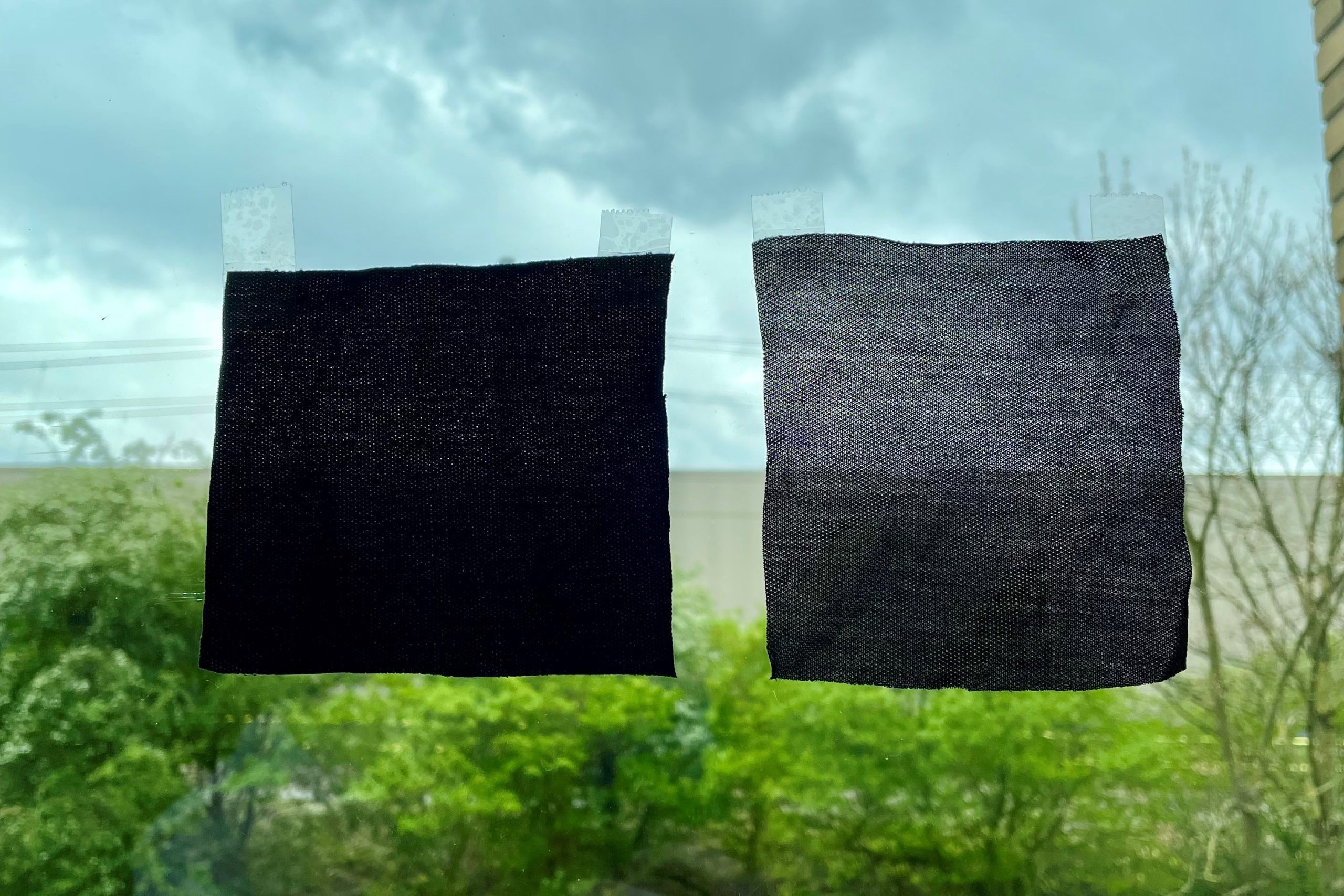Avantium N.V., a global leader in renewable and circular polymer materials, has developed an innovative approach to recycling polycotton waste, offering a practical solution to the challenge of managing mixed textile materials. In collaboration with the Industrial Sustainable Chemistry group at the University of Amsterdam, the company has created a patented technology that efficiently separates polyester and cotton components for recycling.
A New Approach to Textile Recycling
Polycotton, a blend of polyester and cotton fibers, is widely used in the textile industry, but its mixed composition makes recycling difficult. Most polycotton waste currently ends up in landfills or incinerators. Avantium’s latest development addresses this issue by utilizing hydrochloric acid (HCl) to break down the cotton component into glucose while preserving the polyester for reuse. This method allows for a more efficient fiber-to-fiber recycling process and contributes to a more circular textile economy.
The research findings were published today in Nature Communications, representing an important step in sustainable textile innovation. By converting cotton waste into glucose, which can be repurposed for industrial applications such as polymers, resins, and solvents, Avantium’s solution makes it possible to recycle both components of polycotton fabric effectively.
Dawn Technology: A Scalable and Sustainable Solution
Avantium has been committed to sustainable chemical innovation, with its proprietary Dawn Technology™ playing a key role in this new textile recycling process. Previously tested in its pilot plant in Delfzijl, the Netherlands, Dawn Technology has demonstrated its ability to convert non-food plant-based materials into valuable industrial glucose and lignin.
Applying this technology to polycotton waste, Avantium’s researchers successfully hydrolyzed the cotton cellulose using highly concentrated HCl, yielding high-purity glucose while leaving the polyester intact. This enables the complete recycling of polyester fibers, which can be used to create new textiles, reducing reliance on virgin polyester production. Meanwhile, the extracted glucose can be further utilized in producing Avantium’s lead product, 2,5-furandicarboxylic acid (FDCA), a key component for bio-based plastics such as polyethylene furanoate (PEF).
“The trials conducted at our Dawn pilot plant have demonstrated high glucose yields from polycotton waste, showcasing the scalability and cost-effectiveness of our method,” said Gert-Jan Gruter, Avantium’s Chief Technology Officer. “This development supports our ongoing efforts to produce sustainable materials and aligns with global initiatives to promote textile circularity and waste reduction.”
Implications for the Textile Industry and Circular Economy
With global textile production projected to reach 149 million tons by 2030, and a recycling rate of less than 1%, solutions like Avantium’s polycotton recycling technology play an important role in reducing environmental impact. The ability to recycle both cotton and polyester at high yields offers an alternative to current waste disposal methods and aligns with upcoming regulations requiring textile producers to take responsibility for their waste management.
Avantium’s approach also presents opportunities for collaboration with textile manufacturers, brands, and policymakers to implement large-scale recycling programs. By integrating this solution into existing textile supply chains, the industry can move closer to achieving a low-carbon, circular textile economy.
Collaboration and Future Prospects
The success of this research was made possible through a partnership between Avantium and the University of Amsterdam’s Industrial Sustainable Chemistry research group, with PhD student Nienke Leenders playing a key role in advancing the study. Avantium provided laboratory space and resources for the research, reinforcing its commitment to fostering innovation in sustainable chemistry.
Looking ahead, Avantium aims to further refine and commercialize the polycotton recycling process while exploring additional applications for the recovered materials. The company is actively seeking collaborations with textile industry leaders, government agencies, and sustainability-focused organizations to drive widespread adoption of the technology.
“This is an important step in textile recycling,” added Gruter. “It contributes to a more circular economy, where waste is transformed into valuable resources. Our commitment is to improve this technology and expand its application to address textile waste challenges. At the same time, we are dedicated to providing non-food glucose to accelerate the transition towards a bio-based economy.”
About Avantium
Avantium is a commercial-stage company focused on developing renewable and circular polymer materials. The company’s innovative technologies, such as YXY® Technology, convert plant-based sugars into FDCA, the essential building block for the sustainable plastic PEF (polyethylene furanoate), marketed under the Releaf® brand. With its Dawn Technology™, Avantium is advancing biomass conversion, enabling the production of industrial glucose and bio-based chemicals. The company continues to work with global partners to bring sustainable chemistry solutions from invention to commercial scale.
With its latest development in textile recycling, Avantium reaffirms its commitment to creating scalable, circular, and sustainable solutions that reduce environmental impact and support a more responsible textile industry.
